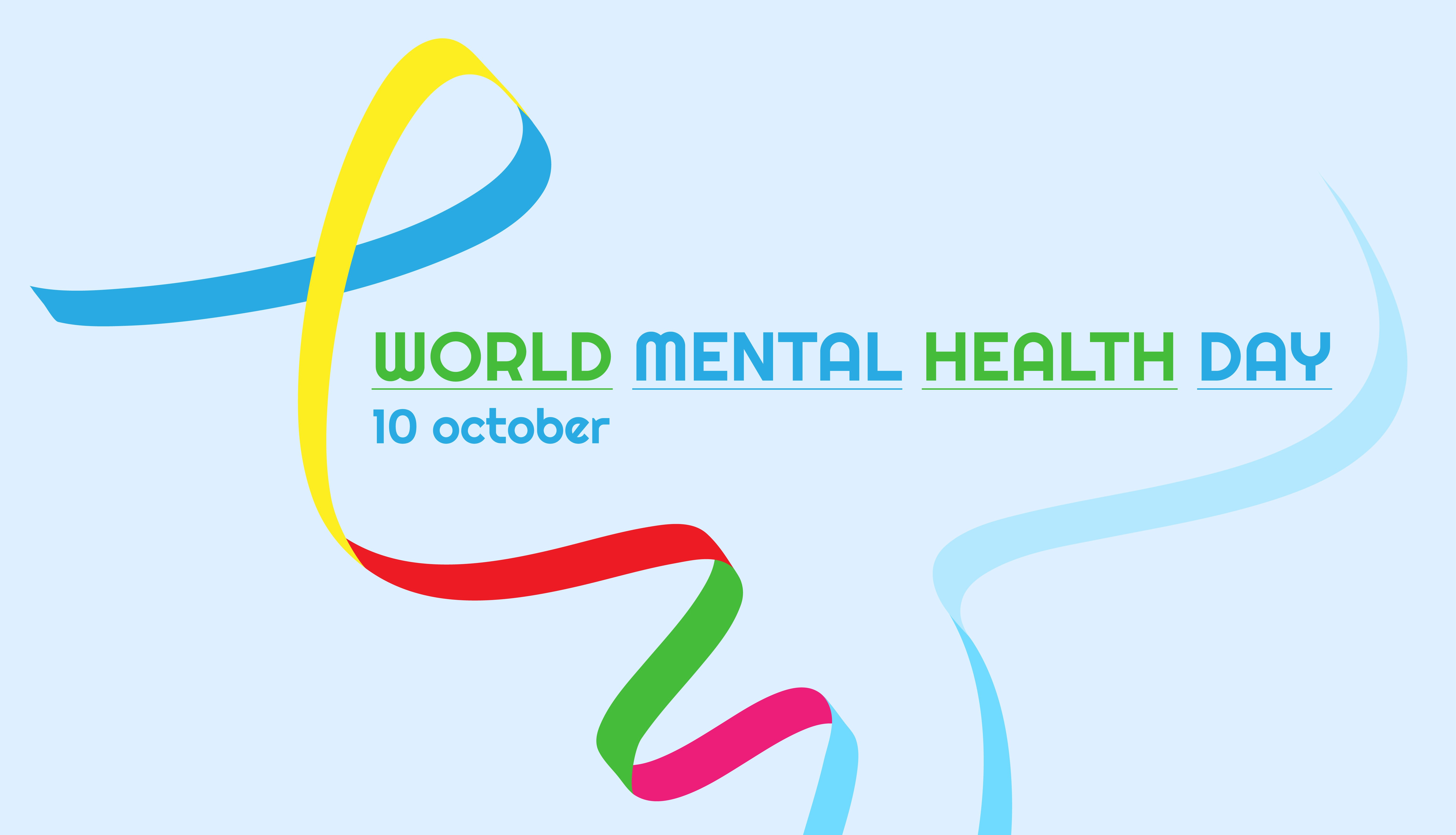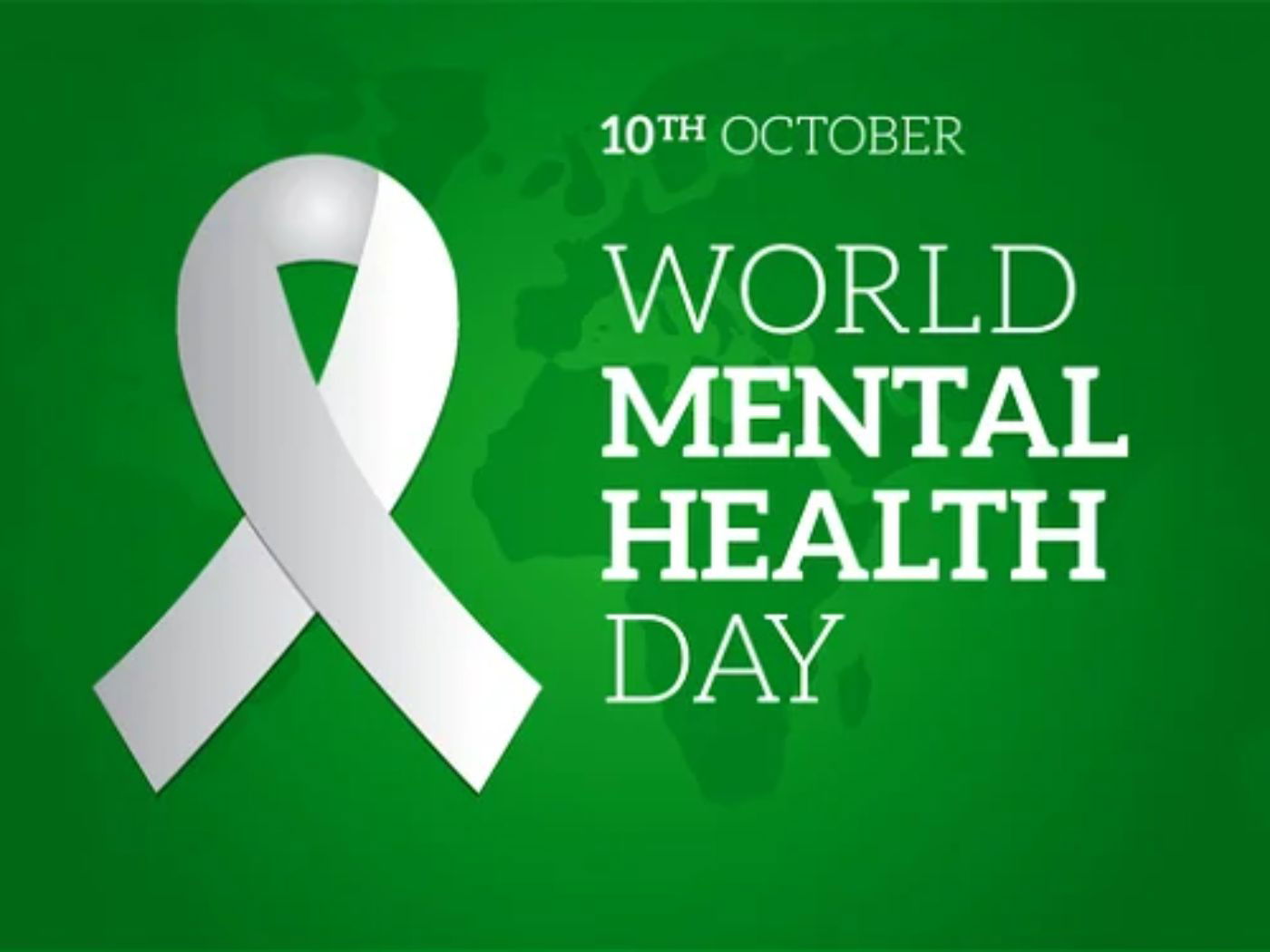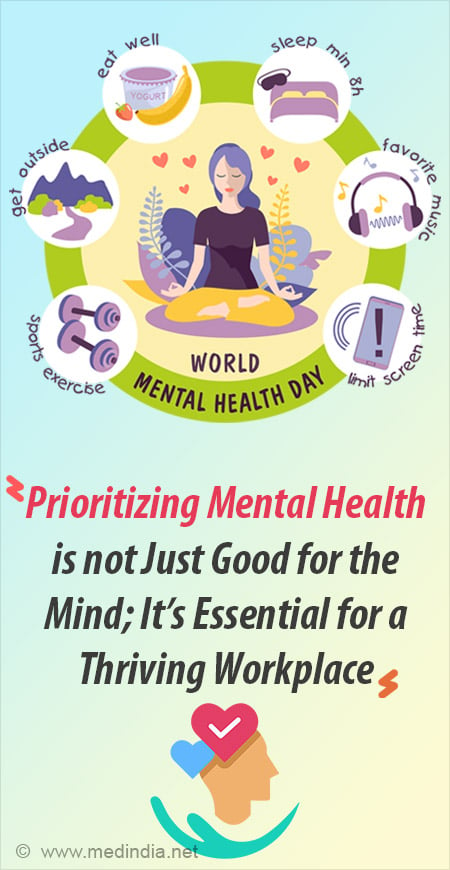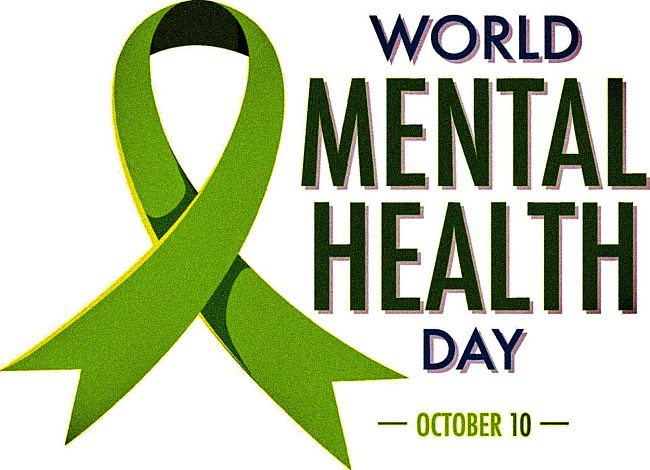Introduction to World Mental Health Day
History and significance
World Mental Health Day is observed on October 10th each year, promoting mental health awareness and education globally. Initiated by the World Federation for Mental Health in 1992, this day aims to raise awareness of mental health issues and mobilize efforts in support of mental health rights. It serves as a reminder for individuals and communities to prioritize mental well-being and to fight stigma associated with mental health challenges.
Current global mental health statistics
Recent studies reveal alarming trends in global mental health. Approximately 1 in 4 individuals will experience a mental health disorder in their lifetime, while suicide remains a leading cause of death among young people. With these staggering statistics, the importance of mental health advocacy has never been clearer. World Mental Health Day highlights the urgent need for increased resources, understanding, and support for those struggling with mental health conditions worldwide.

Common Mental Health Disorders
Anxiety and Panic Disorders
Anxiety disorders are among the most prevalent mental health conditions, often manifesting as excessive fear or worry. Individuals may experience panic attacks, which are sudden episodes of intense fear that trigger severe physical reactions. These disorders can significantly impact daily life but are treatable through therapy, medication, and lifestyle changes.
Depression and Mood Disorders
Depression affects millions globally, characterized by persistent sadness and loss of interest in activities. Mood disorders also include bipolar disorder, where individuals experience extreme mood swings. Understanding and treatment of these disorders are crucial for recovery and improving quality of life.

Importance of Seeking Help
Benefits of therapy and counseling
Seeking help for mental health disorders is crucial. Therapy and counseling provide individuals with the tools and strategies needed to cope with their conditions. These professional services promote a deeper understanding of personal feelings and behaviors, enabling individuals to develop healthier coping mechanisms and emotional resilience.
Support systems and resources available
In addition to therapy, various support systems and resources are available, including support groups, hotlines, and online resources. These avenues offer vital emotional support and a sense of community, facilitating recovery and promoting overall mental wellness.

Stigma and Misconceptions
Addressing mental health stigma
Stigma surrounding mental health can often prevent individuals from seeking the help they need. Overcoming this stigma requires open conversations, education, and understanding. By recognizing that mental health disorders are common and treatable, society can reduce judgment and create a more supportive environment for those in need.
Debunking common myths about mental illness
Many misconceptions surrounding mental illness persist, such as the belief that it’s a sign of personal weakness. In reality, mental health conditions are complex and can affect anyone, regardless of their strength or resilience. Educating the public about these myths is key to fostering empathy and encouraging more individuals to seek help without fear of judgment.

Self-care and Mental Well-being
Importance of self-care practices
Self-care is crucial for maintaining good mental health. It enables individuals to recharge, reduce stress, and manage their emotions effectively. Prioritizing self-care not only enhances personal well-being but also promotes better relationships with others. Regular self-care activities can create a positive cycle that encourages others to do the same.
Strategies for maintaining mental well-being
To support mental well-being, individuals should consider mindfulness practices, physical activity, and engaging in hobbies. Additionally, fostering social connections and seeking professional support when needed can significantly enhance one’s mental health. By implementing these strategies, people can cultivate a healthier, more balanced life.

Mental Health in the Workplace
Promoting mental well-being at work
Fostering a culture that values mental well-being is essential for a productive workplace. Employers can implement wellness programs, provide mental health resources, and encourage open communication to create a supportive environment. By prioritizing mental health initiatives, organizations not only boost employee morale but also enhance overall productivity.
Recognizing signs of mental health issues in colleagues
It’s important for employees to be aware of signs that indicate a colleague may be struggling with mental health issues. Some indicators include changes in behavior, increased absenteeism, and withdrawal from social interactions. Recognizing these signs allows for timely support and interventions, promoting a healthier workplace for everyone.

Supporting Loved Ones with Mental Health Challenges
How to offer support and understanding
To support loved ones facing mental health challenges, it is essential to approach them with empathy and an open mind. Listening without judgment and validating their feelings helps create a safe space. Encouraging them to seek professional help can be a significant step forward, and being present during their journey can strengthen their resilience.
Resources for families and caregivers
Families and caregivers can benefit from accessing mental health resources such as support groups, counseling services, and educational materials. Connecting with organizations that specialize in mental health can provide valuable information and a sense of community, fostering understanding and resilience.

